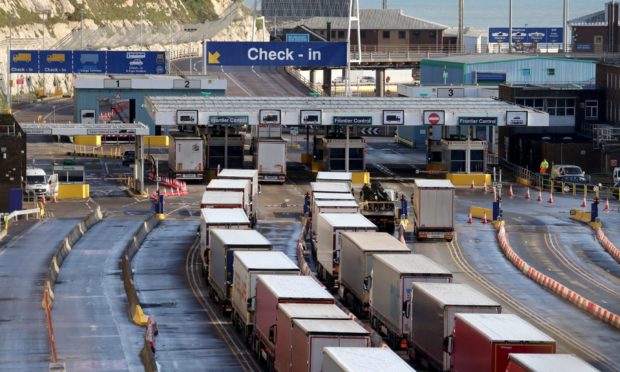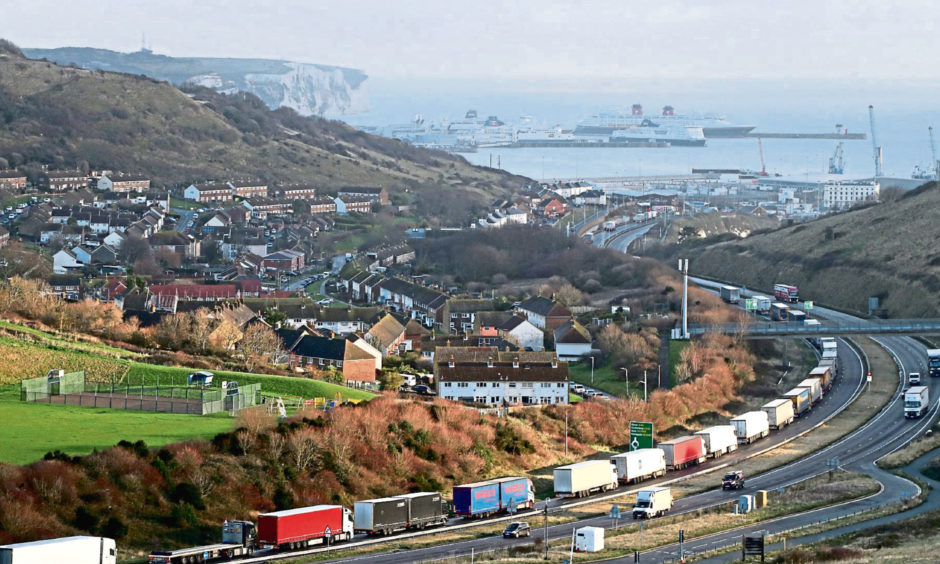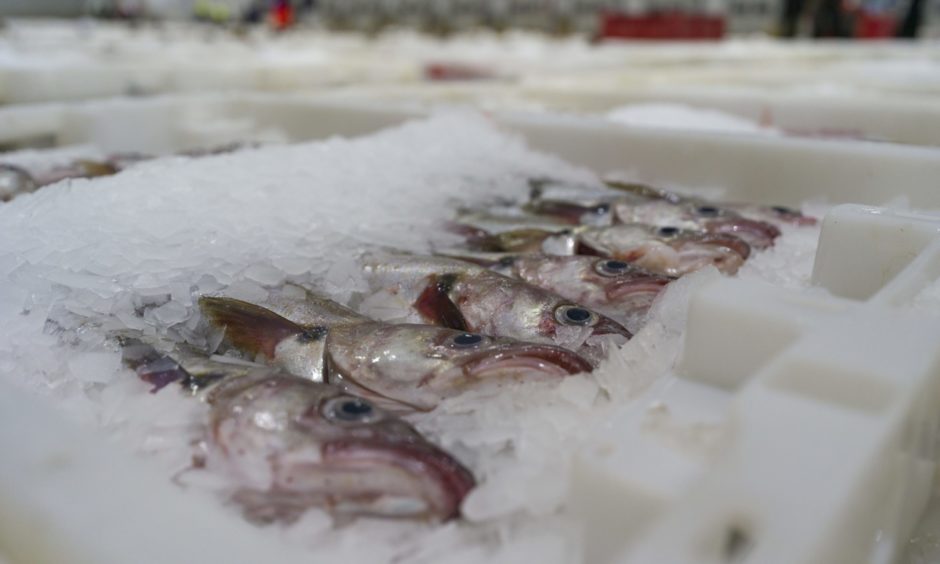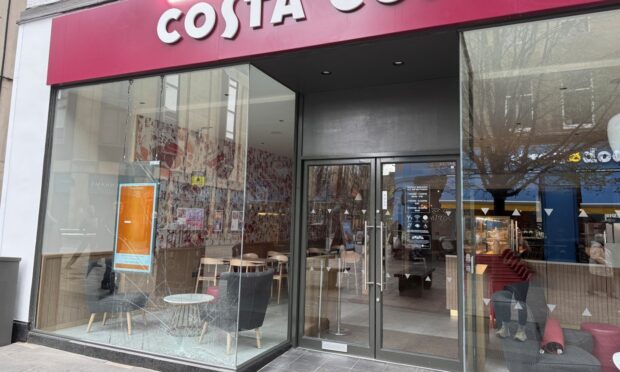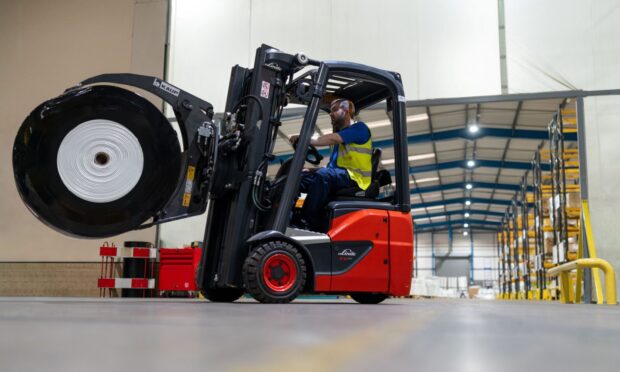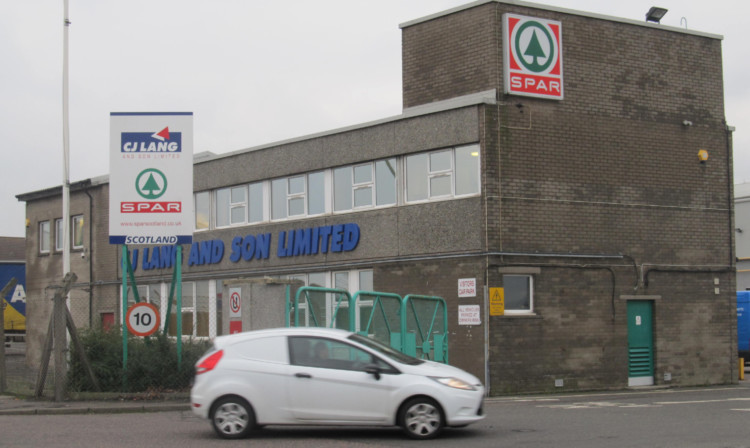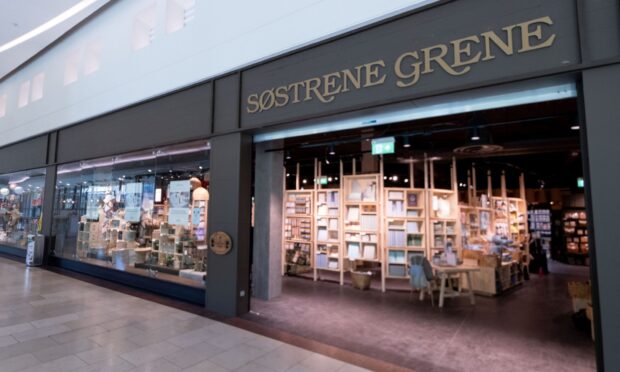Brexit has led to a “worrying” decline in international exports by Tayside firms, it has been claimed.
Dundee and Angus Chamber of Commerce (DACC) had no doubts its export documentation service would be in high demand post-Brexit.
The service advises on cross border paperwork – exactly the issue that has led to delays and confusion at EU borders.
But, confusingly, the number of firms using this service fell 62% last month compared to last January.
A lot of business is on pause
DACC chief executive Alison Henderson has concluded a large number of businesses in the area have stopped trading internationally.
“The service covers what’s needed to clear borders, including the Rules of Origins which hasn’t been required by the EU before,” she said.
“It’s been a dramatic fall in demand for the service, where we were anticipating a large increase.
“It feels like a lot of business is on pause until they figure out how to trade with the EU.
“But actually it’s not just a fall in exports to the EU, but to all countries.”
A worrying sign for local economy
Ms Henderson said a lot of firms did as much trading as possible before the end of the Brexit transition period.
While this might account for some of the reduction in demand, the Chamber chief is growing concerned about the impact on the economy if the trend continues.
“It might be that they are wrestling with the EU trade and did more exporting in 2020 to give themselves more breathing space,” she said.
“But it’s definitely a worrying sign if this continues.
“We are trying to get a handle on whether it’s a timing issue or whether there’s something we’ll have to do to get goods moving again.
“We are talking to as many of our exporters and internationally trading firms as possible.”
The concerns are similar to those expressed by freight firms this week, who said exports to the EU may be down as much as 68%.
List of problems for exporters
Ms Henderson said that while the export documentation service demand had reduced, inquiries from members about receiving goods from the EU had increased.
She said January had been “absolute mayhem” for the Chamber as firms had little time to prepare after the Brexit trade deal was made on Christmas Eve.
Half of exporters are facing difficulties in adapting to changes in the trade of goods since the start of the year, according to a new survey published today.
The British Chambers of Commerce said when it asked about specific difficulties companies are facing, commonly cited concerns included increased administration, costs, delays, and confusion about which rules to follow.
Perth firms also choosing not to export
Perthshire Chamber of Commerce chief executive Vicki Unite also said she was aware of businesses from the area doing less international trade.
“A lot of companies have not chosen to export any orders until things settle down,” she said.
“We’ve also had various issues with firms getting their supplies in and then of course there is the issue of additional tariffs.
“It’s additional work and costs. It’s confusing and more time consuming.”
Businesses coming to terms with changes
Meanwhile Fife Chamber of Commerce chief Alan Mitchell said he would echo the concerns raised by the British Chambers of Commerce.
“At the start of January we received a lot of requests for help from businesses in Fife as people tried to understand the new rules,” he said.
“The number of inquiries has reduced which might indicate firms are getting used to the systems.
“But there are still businesses coming to terms with the changes that have not yet tried to import or export.”
